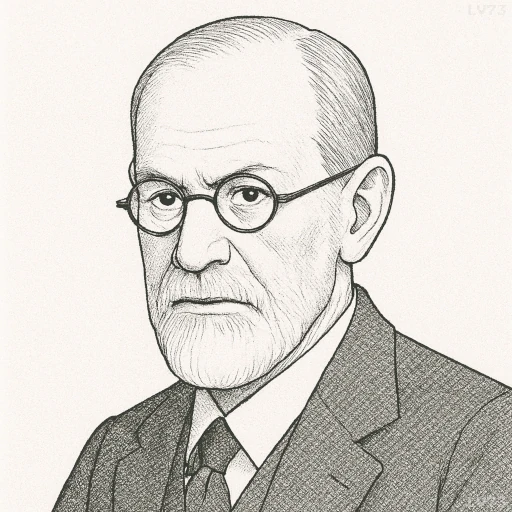“Neurotics complain of their illness, but they make the most of it, and when it comes to talking it away from them they will defend it like a lioness her young.”

- May 6, 1856 – September 23, 1939
- Austrian
- Neurologist, Founder of Psychoanalysis
table of contents
Quote
“Neurotics complain of their illness, but they make the most of it, and when it comes to talking it away from them they will defend it like a lioness her young.”
Explanation
In this vivid and paradoxical statement, Freud highlights the ambivalent relationship neurotic individuals have with their symptoms. While they may express distress and seek relief, they often cling to their illness with fierce emotional attachment. Freud suggests that these symptoms serve unconscious psychological purposes—such as protecting the individual from deeper emotional pain, internal conflict, or frightening desires. As a result, attempts to remove the neurosis can feel like an attack on the person’s sense of identity or psychic equilibrium.
This observation reflects Freud’s theory of secondary gain, where an individual may unconsciously benefit from their suffering—for example, by avoiding responsibility, gaining attention, or displacing inner turmoil onto physical or emotional symptoms. Though the neurosis is painful, it can become a familiar refuge, and efforts to “talk it away” through analysis may provoke resistance. Freud likens this defense to a lioness protecting her cubs, suggesting the instinctive and primal force behind psychological defenses.
In modern therapeutic practice, Freud’s insight remains relevant. Many clinicians observe that clients may resist change, even when they consciously desire healing. Freud reminds us that symptoms often serve a hidden function, and successful therapy requires patience, empathy, and a deep understanding of the unconscious motivations behind suffering. It’s not enough to remove pain—we must also explore why the mind might need it, and help the individual find healthier ways to meet those needs.
Would you like to share your impressions or related stories about this quote in the comments section?


